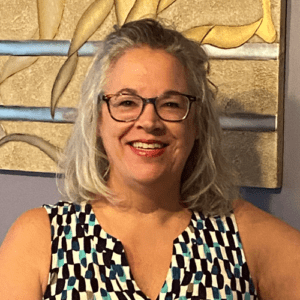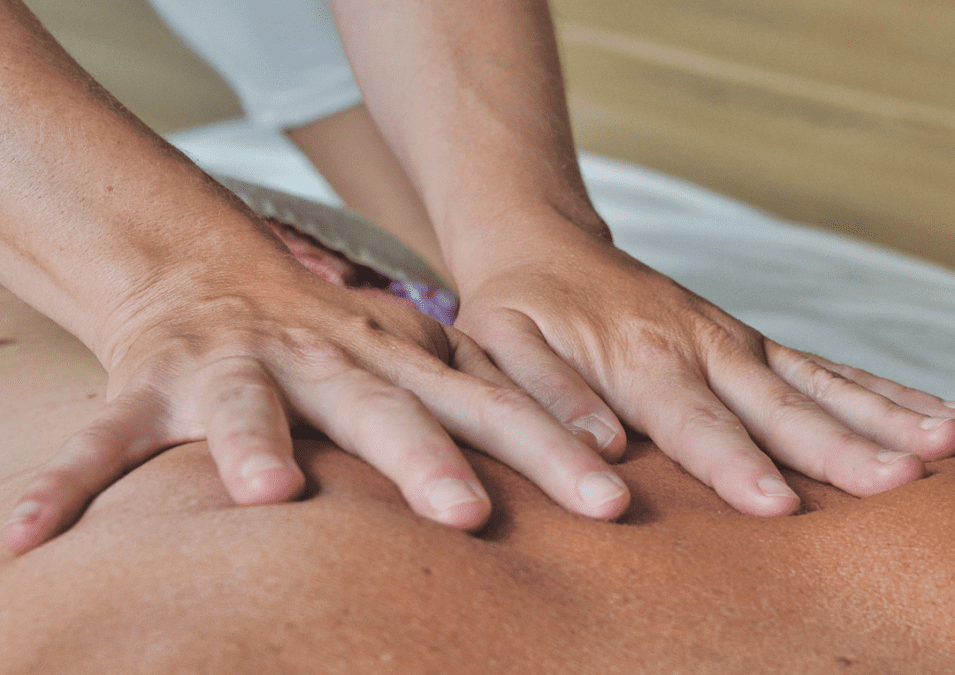Every ‘Body” and Everybody Deserves Massage
As a practitioner who strives to build good rapport with each client, it’s important to engage in some conversation in order to begin to get to know one another. Asking questions is an easy, natural way to begin the process.
Here are a few questions clients tend to ask me…
- Who was your most difficult client and why?
- Has anyone ever refused to take off ANY of their clothes?
- Is it hard to work with people that are…(fill in the blank: dealing with terminal illness, have intense pain, obese…)
Occasionally someone will ask, perhaps, one of the most important questions of all:
- Does anybody ever come to you regularly just because they can – and not because they hurt?
These questions often arise out of sheer curiosity. Other times the person needs reassurance. They want to make sure that their specific concerns – weight, scars, pain, terminal illness or overall health – won’t deter me from trying to help.

Over the course of the last 17 years, I have worked with some of the most amazing people. And, it’s worth noting that many of the conditions, scenarios and even memorable personality traits – that many would deem difficult at best – have often become the most rewarding for me.
Take a look at some of lessons I’ve learned as a result of honoring the thought that every “body” and everybody deserves massage…
- Massage affects the nervous system and improves circulation, therefore it can either reduce stress and help you to think more clearly; or, it can invigorate and inspire you to take action – don’t forget to let the therapist know which of these you’re wanting!
- It addresses each of the different systems of the human body. Medical massage therapists know how to work with the different systems to help you feel better.
- Receiving massage on a regular basis improves your innate ability listen to those all-important, yet often subtle, signals that your body and your brain try to convey to you.
- The effects of aging isn’t all it’s cracked up to be. Massage and bodywork in general helps clients stay healthy and feel young.
- Medical professionals may be wise, but they’re not always right. I have many stories I could write about where medical massage and other types of bodywork have proven this statement. Several clients valiantly fought terminal illness. Doctors couldn’t believe they had zero pain and zero bedsores as a result of our work together. Another young lady was severe injured in a car accident and had had eight surgeries before we met. Over a dozen doctors and therapists agreed she would never walk again without the help of a crutch, cane or walker. After seven months of three weekly sessions, she underwent her last surgery and walked – without assistance three days later. And, while today she lives many states away, we have become very good friends and she still does not need assistance.
In other words, every “body” and everybody deserves a chance to feel better. We all are worthy of massage, no matter how good or bad we feel.
Ready to book your next message? Click here to schedule with Libby!
About the author:

Libby Winterhalter, a licensed massage therapist (LMT), has been in private practice since July 2004. She graduated from SHI Integrative Medical Massage School, then located in Lebanon, Ohio. Prior to that, she received a Bachelor of Art’s degree in Communications along with a minor in Religious Studies from the College of Mount St. Joseph in 2001. Libby has also worked both in the corporate world and she served as a Journalist for the United States Navy for 22 years, from which she is now retired. She is an active member of the American Bodyworkers and Massage Professionals Association (ABMP).
Libby naturally blends both medical-based treatments and holistic therapies offering a more effective and comprehensive experience. Each session is specifically tailored to that client using one or more of the following techniques: therapeutic massage, Swedish (relaxation) massage, sports massage, Active Isolated Stretching – considered to be both a neuromuscular and myofascial release technique – Trigger Point Therapy, Craniosacral Therapy and more.
Libby has worked extensively with clients dealing with chronic pain, strains and sprains, compromised joints, spinal fusion(s), temporomandibular disorder, scar tissue, migraines, whiplash, digestive issues, plantar fasciitis and other foot-related pain, carpal tunnel syndrome, post-traumatic stress disorder, failure-to-thrive syndrome, pregnancy, cancers, amyotrophic lateral sclerosis (ALS, or Lou Gehrig’s Disease), sports-related injuries and severe injuries resulting from other accidents.
Thankfully, not all of Libby’s clients are facing life-altering issues. One client tells her she keeps him feeling younger than his years. Another client says Libby keeps her out of pain, while someone else tells her that she offers a necessary reprieve from the stressors of the world.
Libby is looking forward to expanding her practice and working with such an accomplished group of healthcare providers.

